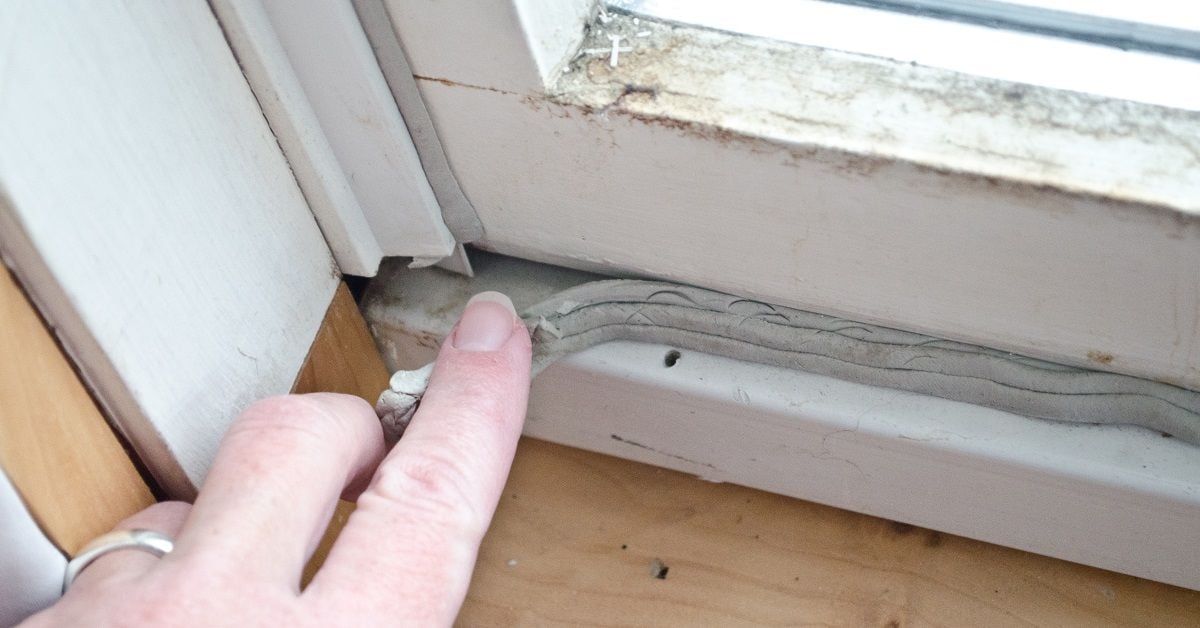
Does Colorado Have a Solar Tax Credit?
It’s tax time yet again, and everyone is in the process of figuring out what they owe and what they can deduct. In order to promote energy savings and preserve the environment, the federal government, state governments, and city utilities have created tax credits, rebates, and other incentives for homeowners who install solar power systems and other form types of alternative energy technology.
As a leading Colorado solar company, REenergizeCO wants to help homeowners realize the full benefits of their investment in energy efficiency. This includes not only lower energy bills and better home health but the breaks they deserve on taxes.
Keep reading for information on the tax credits you may be eligible for for solar panels and other improvements you’ve made on your home. To learn how REenergizeCO can help you with your home energy savings, contact us in Denver or Fort Collins today.
What Tax Incentives Does Colorado Offer for Solar?
With our beloved 300-plus days of sunshine, it should come as no surprise that the solar energy sector has exploded in Colorado. What may surprise you, however, is that the State of Colorado does not offer a tax credit for homeowners who install solar energy systems.
This may be disappointing news at tax time, but savings on state taxes are not the only financial benefit available to Colorado homeowners for investing in solar energy. Some examples include:
- Xcel Energy has instituted a Net Energy Metering program that credits your bill for the surplus renewable energy your solar panels contribute to the power grid.
- Customers of Fort Collins Utilities who install a solar photovoltaic system may be eligible for a rebate of up to $1,500.
In addition to incentives that may be available from the city or county where you live, homeowners in Colorado are also eligible for the still-substantial credits for solar available from the federal government.
What About Federal Tax Credits?
Last year we wrote about how 2019 was the best year to invest in solar for your home. The reason: 2019 was the final year homeowners could take advantage of a 30% federal tax credit on residential solar power. To be eligible, systems had to be installed before January 1, 2020.
So, if you invested in solar power last year, congratulations! Hopefully you are well on your way to receiving the 30% credit on your system when you file taxes.
If you’re thinking about adopting solar energy in 2020, you are NOT out of luck completely. The federal tax credit is still in place for systems installed this year; it is just reduced to 26%.
How Do I Claim My Federal Tax Credit for Solar?
If you installed a solar home energy during the year, you will need to complete and file a Form 5695, or the Residential Energy Credits form, as part of your tax packet. You will need to calculate the qualified solar electric property costs you have incurred for the year. These may include:
- The cost of the solar panels
- The cost of installation
- Wiring and engineering costs
- Fees for permits
- Materials, tools, and equipment, if you do the project yourself
If the tax credit on your solar energy spend exceeds the amount you owe Uncle Sam, you can carry the credit into the following year to put it toward the taxes you owe for 2020. It is not, unfortunately, available as a tax refund, but the savings you enjoy on present and future tax liability may be substantial.
As with any deduction you plan to claim on your taxes, you should keep records and documentation of any and all expenses associated with the purchase, assembly, and installation of solar panels on your home. Your experience with the home energy audit may have been positive, but you don’t want an audit from the IRS!
What Will My Savings Look Like?
Tax credits, rebates, and other incentives are commonly touted as major reasons to install solar panels. However, it is important not to lose sight of the everyday benefits solar energy brings to your life:
- Reducing your carbon footprint
- Feeling good about how you power your home
- Improving your home’s value
- AND, of course, monthly savings on your energy bill
Yes, tax credits and other incentives should be part of your decision to get solar power, but you should also consider your budget and lifestyle to ensure you get the most from the investment long-term. Our pricing guide can help inform your decision.
Ultimately, we are not accountants. What we do know is solar energy, from home energy audits to installing panels that last for decades and result in self-sufficient energy for your family. Our solar company has the experience to help you maximize your energy savings and increase what your home is worth using technology that harnesses renewable energy.
If you are ready to get started with solar, contact REenergizeCO to schedule an initial consultation or home energy audit. Our Colorado solar company serves Denver, Fort Collins, Arvada, and the entire Front Range.
"*" indicates required fields


